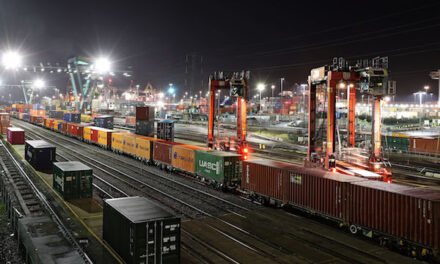Motorists need to take steps to ensure their vehicles are as efficient as possible as further fuel prices loom, the head of a leading fuel tech company said today.
The RAC has warned the rises are ‘inevitable’ after some of the world’s top oil-producing countries agreed to cut the amount they export in a bid to stabilise prices, which have fallen in recent months as the world economy slows.
“The question is when, and to what extent, retailers choose to pass these increased costs on at their forecourts,” the RAC’s Simon Williams said.
The news of price rises on the horizon comes as new figures from the Society of Motor Manufacturers and Traders (SMMT) showed that in September, all-electric battery vehicles and plug-in hybrids accounted for more than 50,000 new registrations or about 22% of the market. One million new plug-in cars have now been sold in the UK, but they remain just a small fraction of the UK’s 40 million cars.
Nawaz Haq, Executive director of British fuel tech company SulNOx Group Plc, said: “The figures from the SMMT back up what we have been saying all along – whether we like it or not, cars driven by fossil fuels will be on our roads for years to come, even after the proposed ban on the sale of new cars with petrol or diesel engines from 2030.
“That means we need to stop shutting our eyes to the issues facing motorists who drive these cars and who have been hit in the pocket for years as fuel prices soar and remain high.
“It is clear that action needs to be taken to reduce emissions from these vehicles and to make them as efficient as possible. Not only will that help motorists, it will also significantly contribute to the UK’s net zero ambitions.”
SulNOx Group PLC specialises in natural, biodegradable fuel products which significantly increase fuel efficiencies across widely used hydrocarbon liquid fuels including diesel, petrol and biofuels, while reducing harmful emissions.
Its technologies, if integrated throughout fuel stations for petrol and diesel, could potentially remove the equivalent of over five million cars from UK roads and reduce CO2 equivalent by 10 million metric tons.
“Petrol and diesel cars are still around and their reliability means they will be around for longer than before, so something must be done to tackle the emissions from them,” said Mr Haq.
“It’s vital that, alongside investment in alternative fuels, governments and organisations look at how they can reduce the impact of burning fossil fuels.”








